GMet, DMI and Danish Embassy Commence Python Programming Training
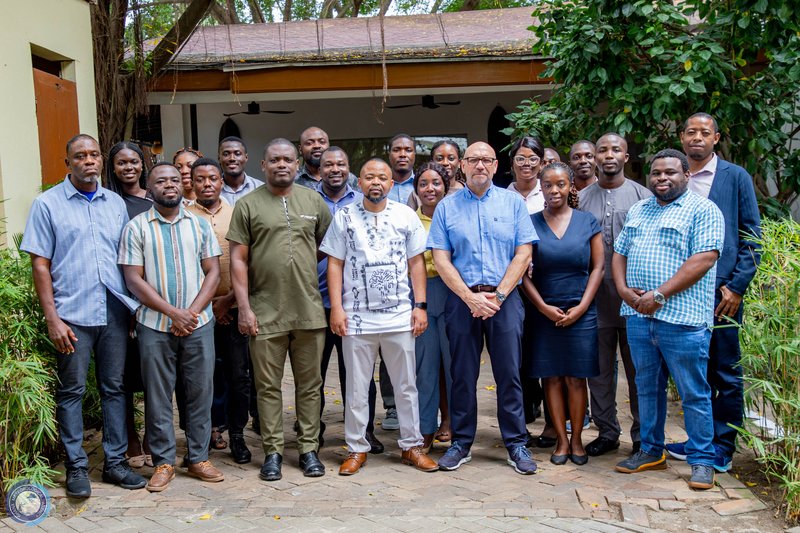
The Ghana Meteorological Agency (GMet), in partnership with the Danish Meteorological Institute (DMI) and the Danish Embassy, on 18th August 2025 commenced a one-week training programme in Python programming for selected staff. The training, taking place at the La Villa Boutique Hotel in Accra, is a key step in enhancing the Agency’s technical capacity, particularly in support of the Climate Atlas track under the Strategic Sector Cooperation (SSC) between Ghana and Denmark.
Speaking at the brief opening ceremony, Dr. Ignatius Kweku Williams, Deputy Director-General for Operations at GMet, expressed appreciation to DMI and the Danish Embassy for their continued support, and highlighted the importance of broadening participation in the training. “We didn’t just bring the Climate Atlas team; we included other units because we recognise how important this training is for our work going forward. I am particularly happy that the facilitators are from the African region, specifically CSIR, because it shows that we can look within the continent and find excellence,” he said.
Dr. Williams further encouraged participants to apply the knowledge beyond the Climate Atlas project, noting its relevance to other units such as air quality, marine services, data processing, IT and CAFO. He also urged staff to deepen their understanding of coding rather than relying solely on automated tools: “These days, AI can generate code, but if you don’t understand the basics, you cannot truly optimise it for our infrastructure. Let’s not just see this as an activity for reporting, but let’s put the knowledge into practice, publish in reputable journals, and make GMet a reference point for excellence across the continent.”
From DMI, Mr. Shingirai Shepard Nangombe expressed his delight that the training was finally taking place after earlier plans last year. He commended the inclusion of multiple departments, stressing that such cross-unit participation would make the training even more impactful.
On behalf of the Danish Embassy, Mr. Kim Sarup described the programme as a strong example of meaningful engagement. “I am very happy to see this happening because it will go a long way to shape the future of GMet and climate services in Ghana. You are the youth of Ghana, so make the best use of it,” he urged.
The two facilitators from the Council for Scientific and Industrial Research (CSIR) underscored the broader significance of the training. They explained that programming is at the backbone of converting meteorological observations into usable information, and the skills imparted would empower participants far beyond the Climate Atlas project. They reminded participants that while new tools such as AI and coding assistants exist, mastery of at least one programming language is essential for accuracy, confidence, and meaningful application.
They also encouraged honesty in the learning process, stressing that “if you don’t understand, say so. Accuracy in your feedback helps us achieve the objective. This training is not just about Python it’s about building capacity for Africa to play a stronger role in global scientific forums and to strengthen GMet’s ability to innovate in climate services.”
The training forms part of ongoing Ghana-Denmark collaboration to strengthen Ghana’s meteorological services through capacity building, innovation, and the development of a Climate Atlas for Ghana.
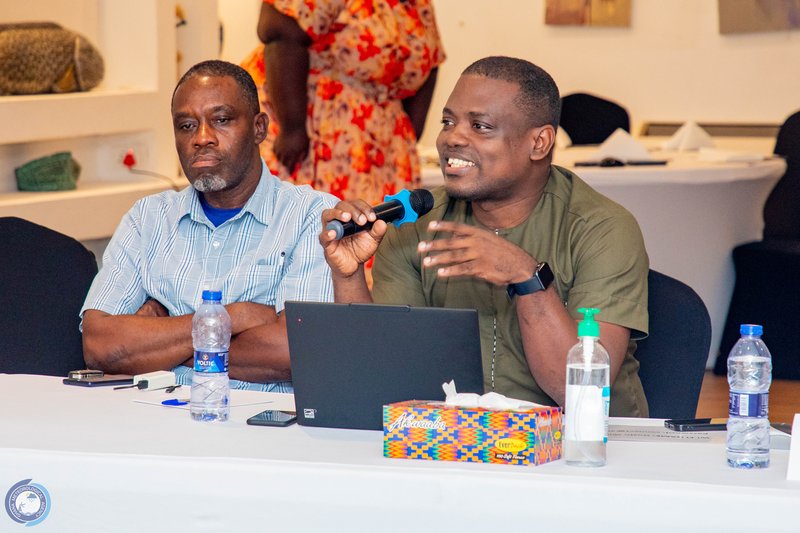
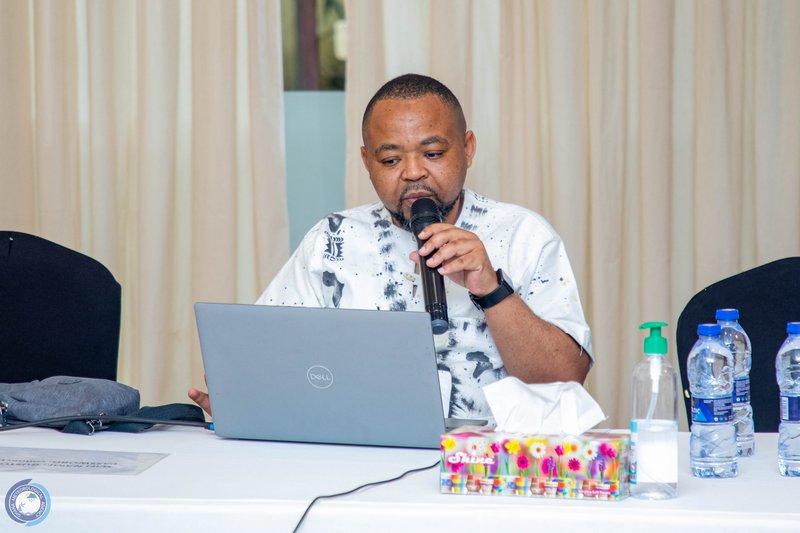
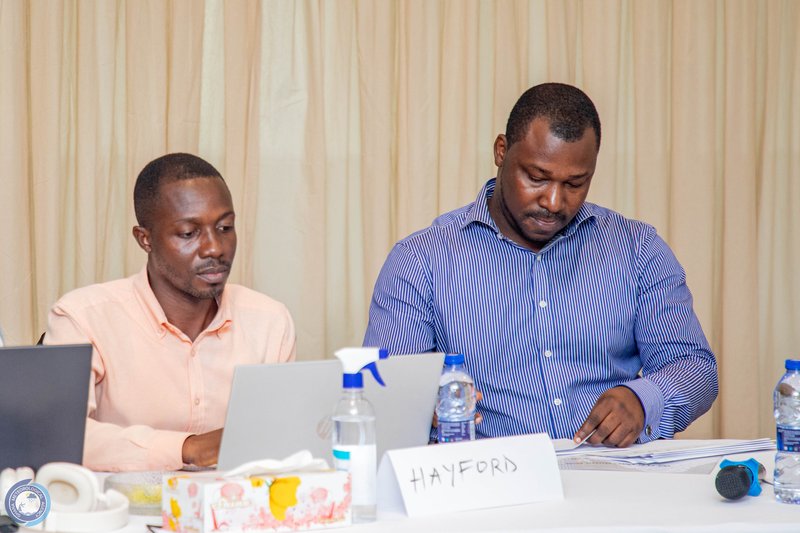
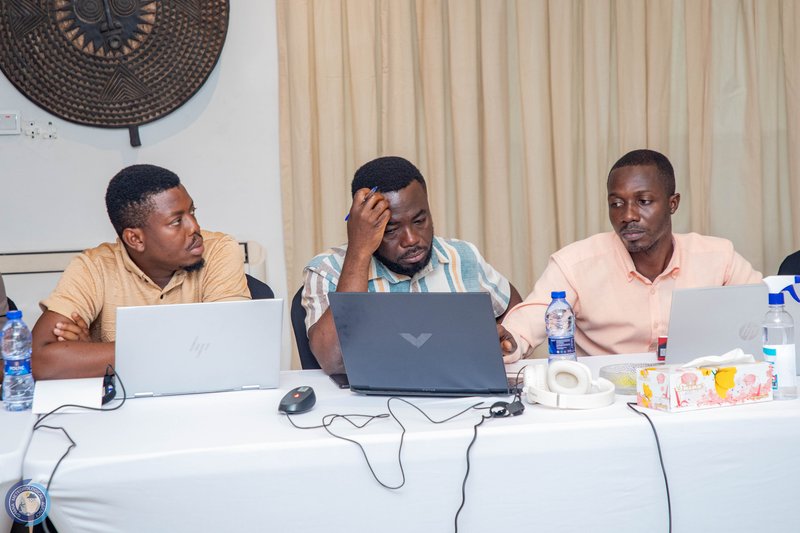
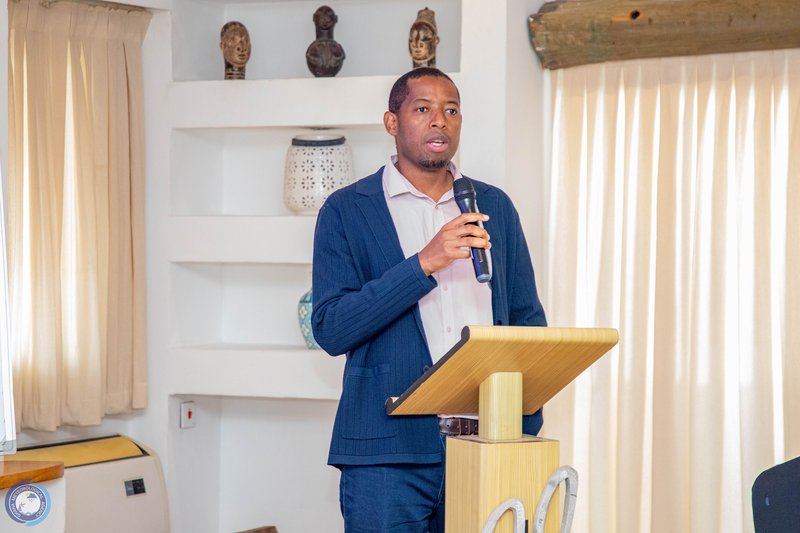
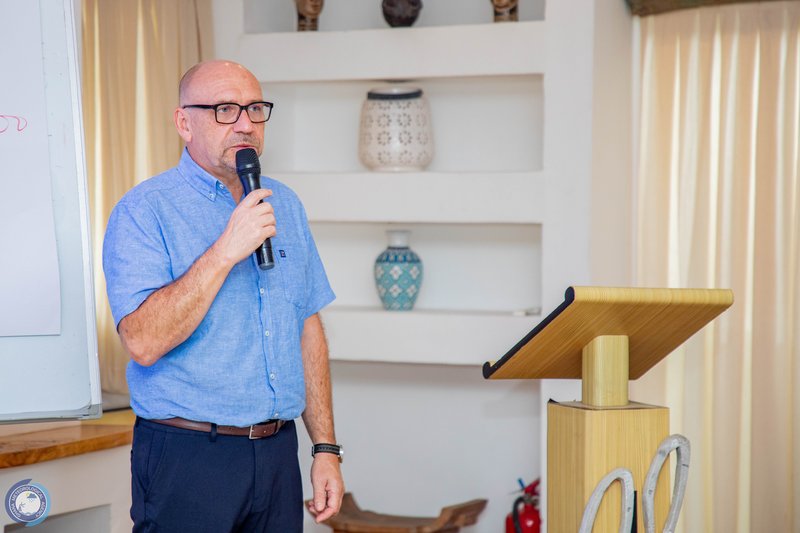
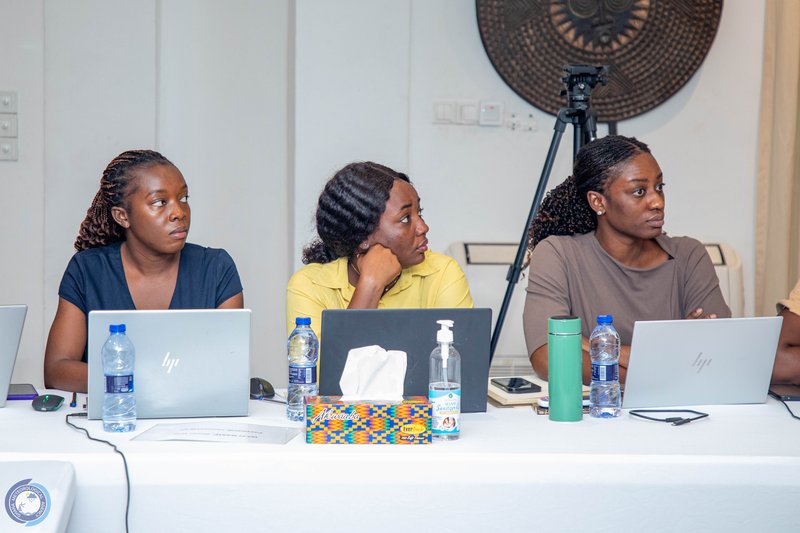
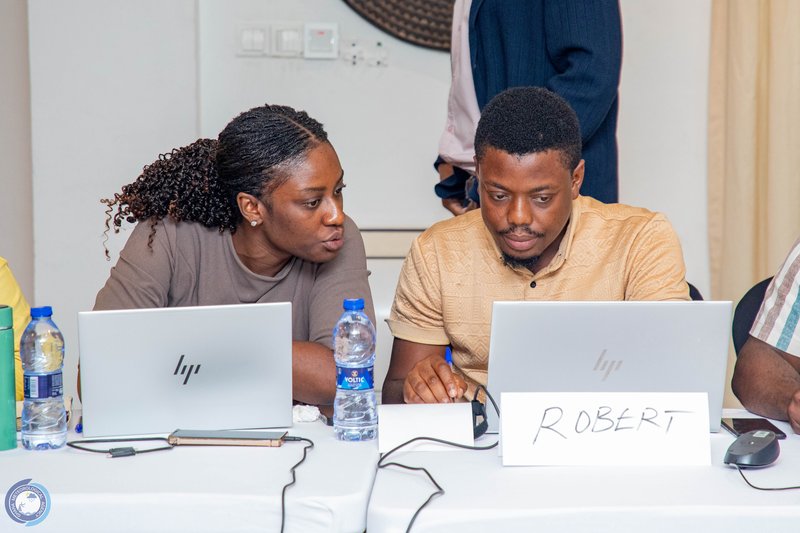
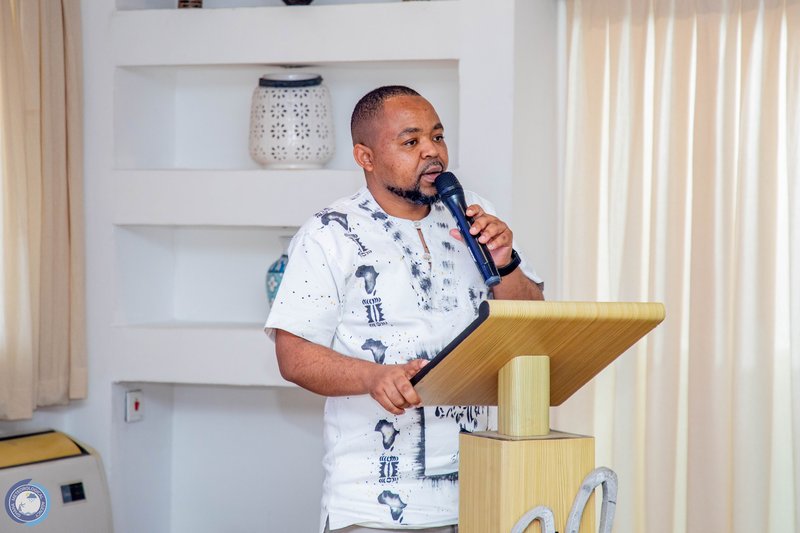

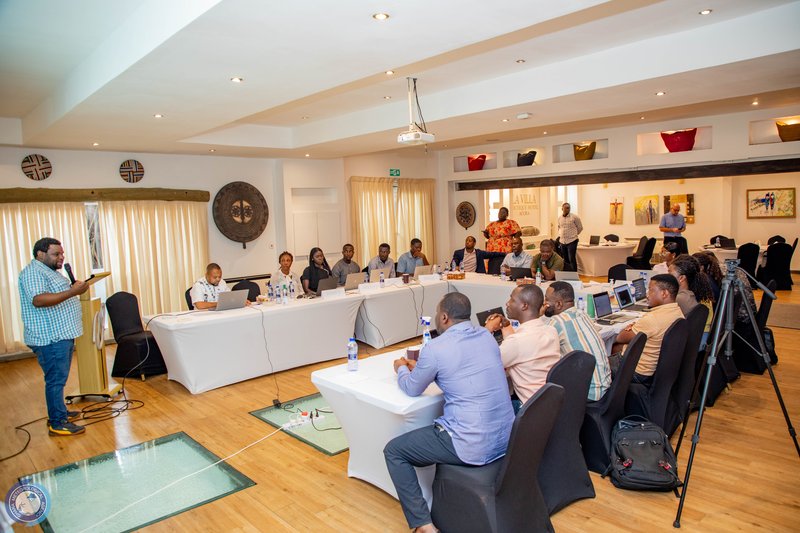

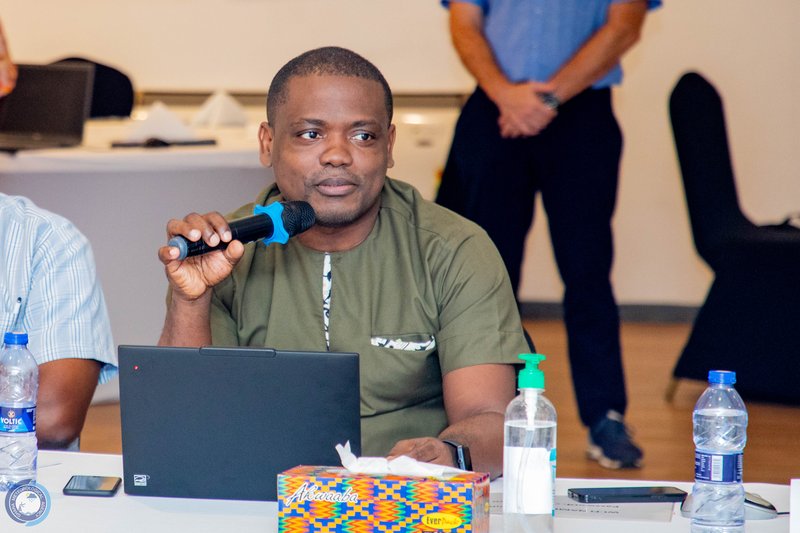
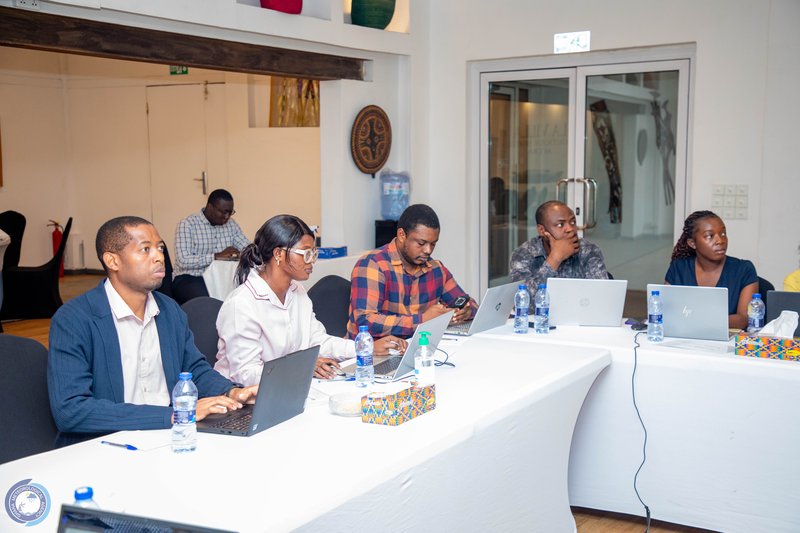
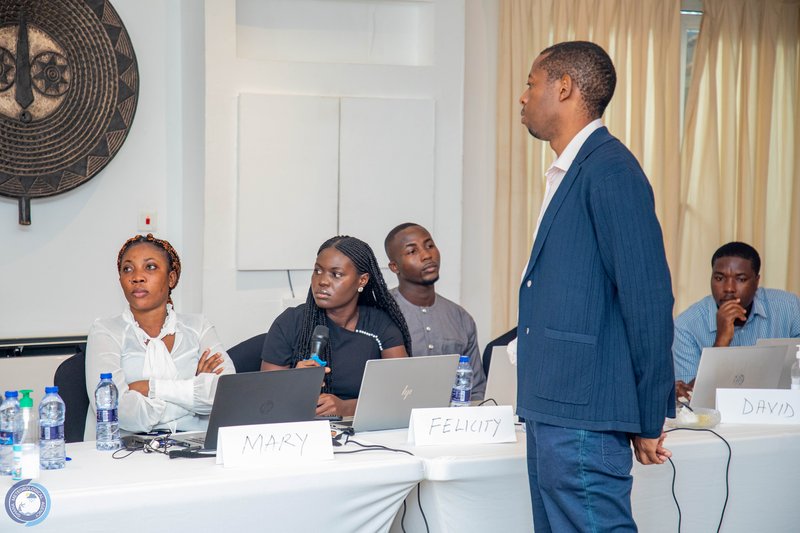
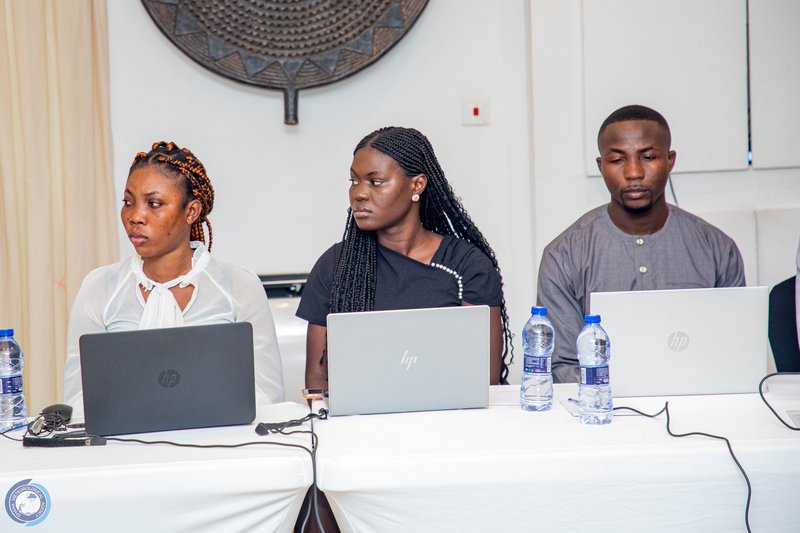
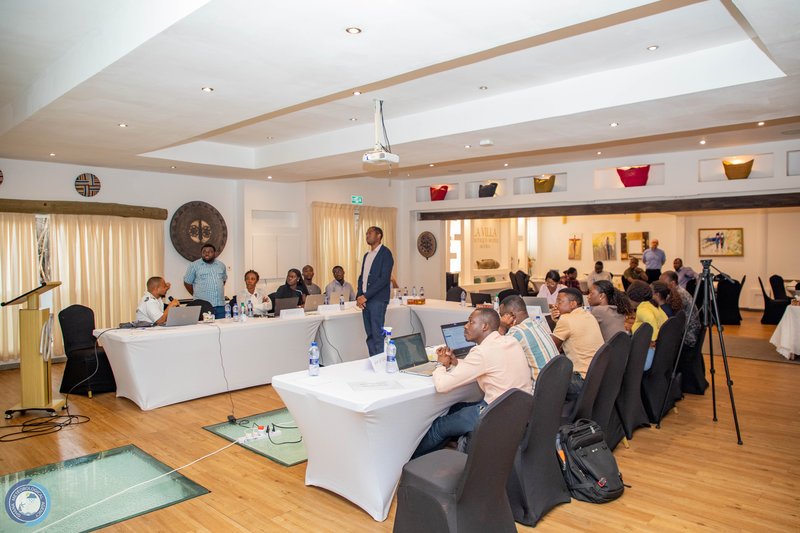
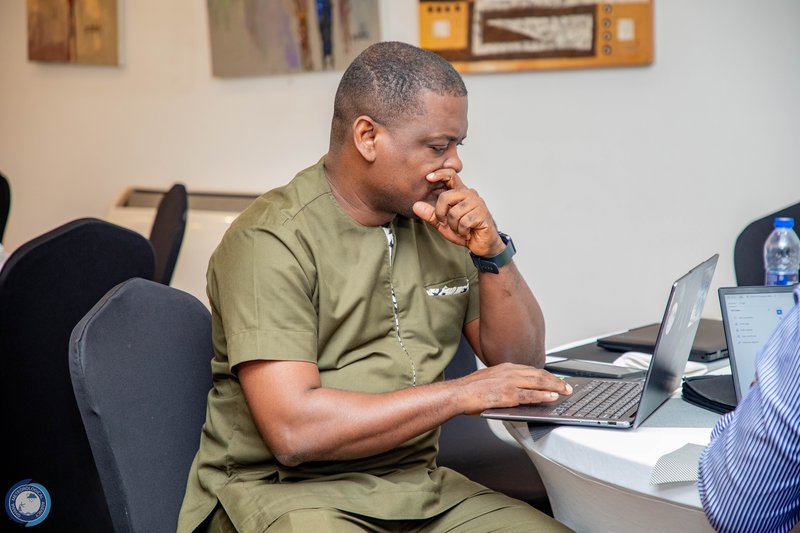
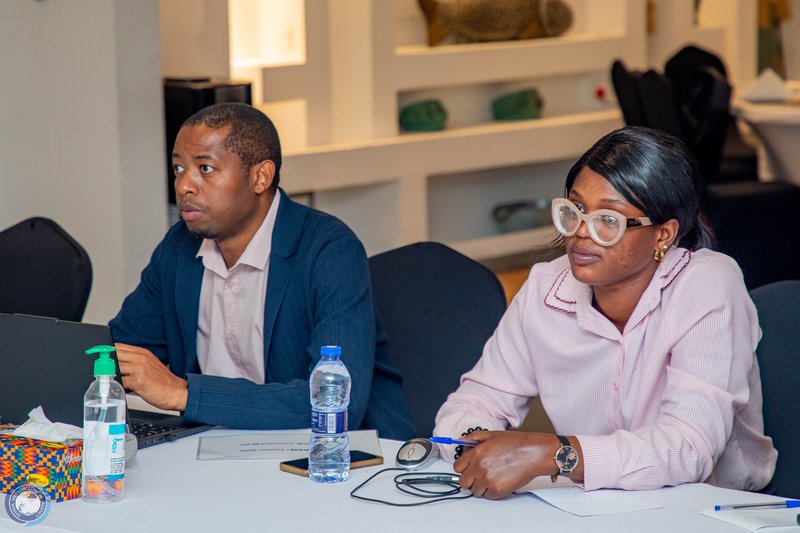
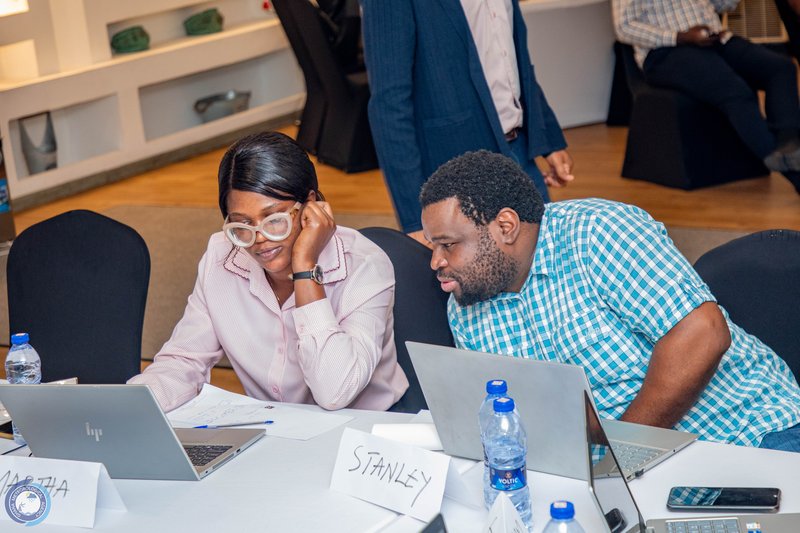
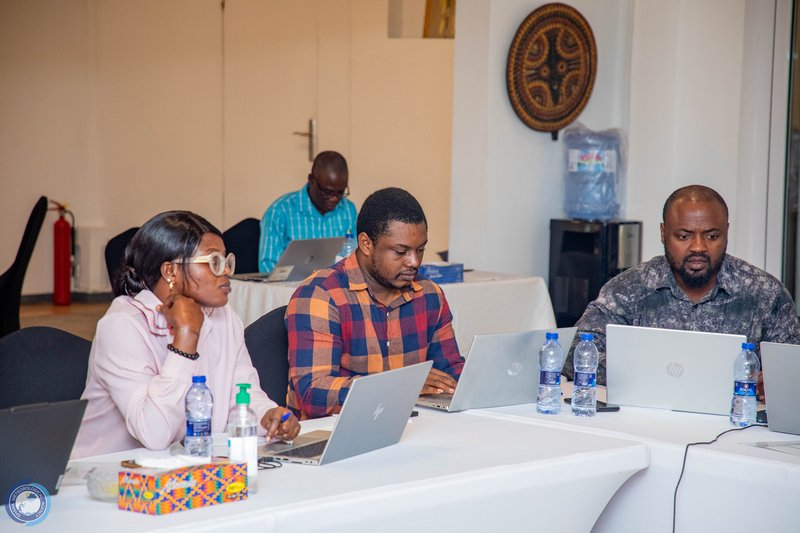
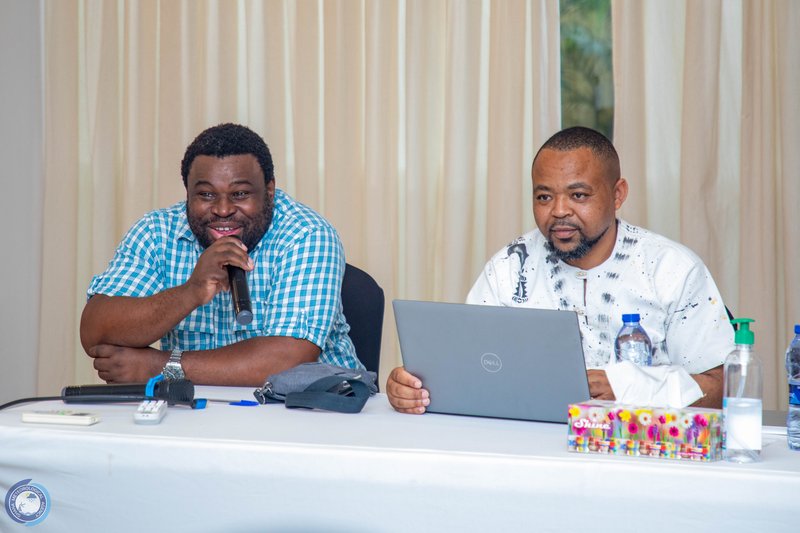
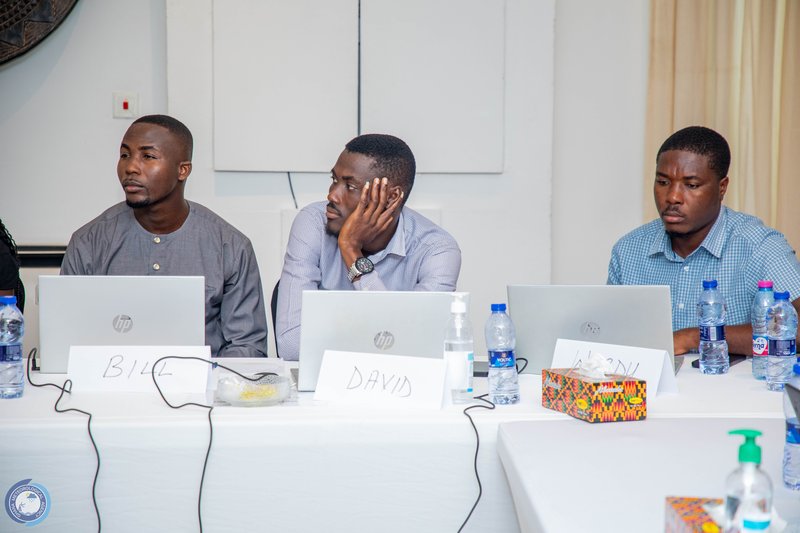
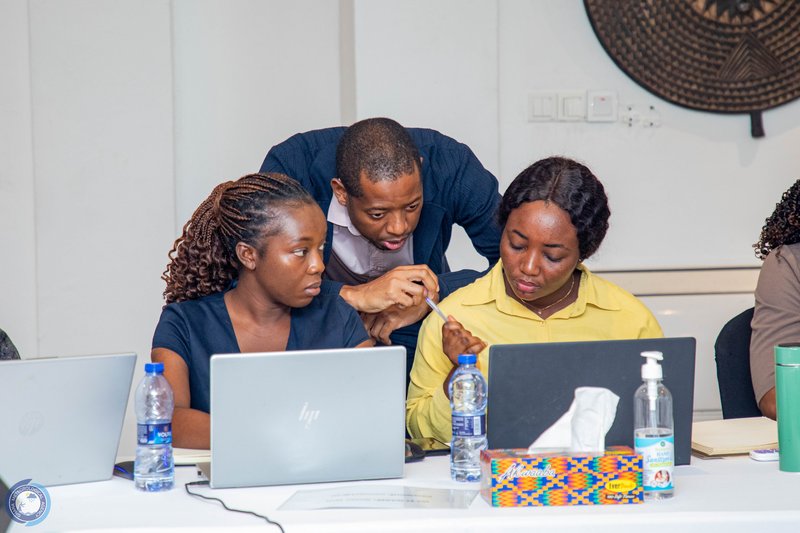
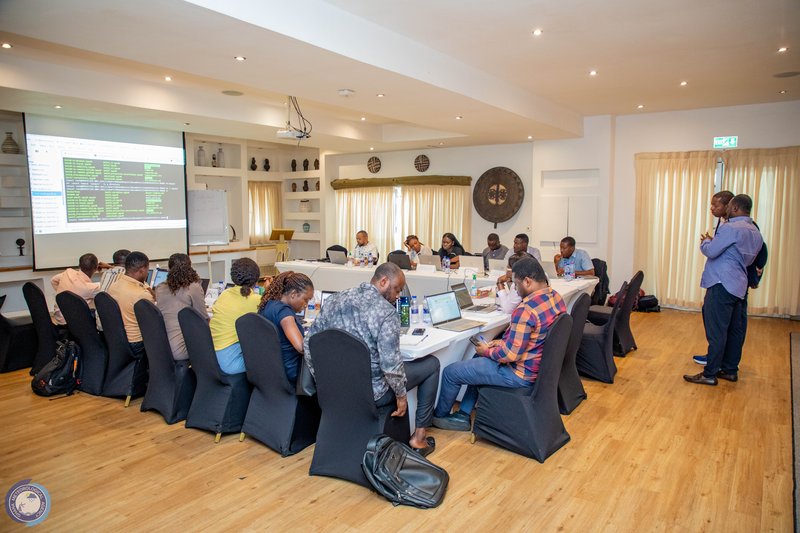
©️GMet Communications

